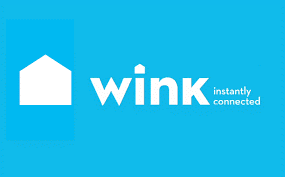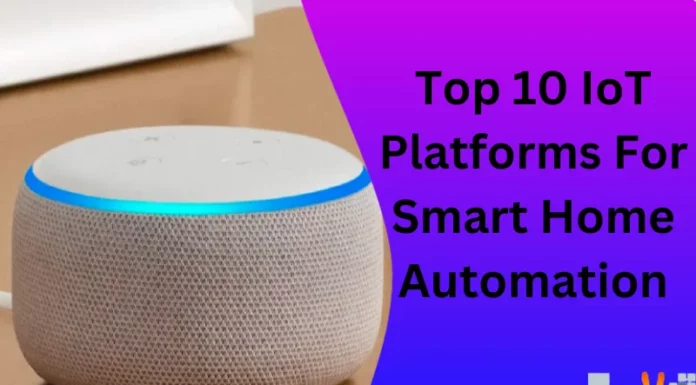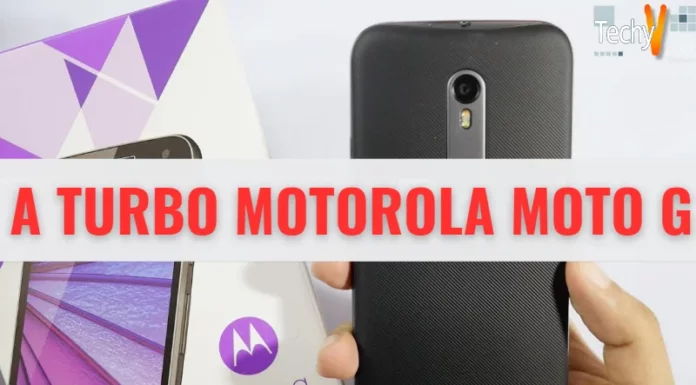One can easily set his smart home on smart work by opting for a brilliant home ecosystem that can integrate all the smart home devices wisely. The leading players in this niche are none other than Amazon, Google, SmartThings, and Apple which come up with their feature-rich ecosystems, voice assistants, speakers, and smart devices. Here, we will help to figure out some more efficient players in the arena of smart home ecosystems.
1. Amazon Alexa
Amazon’s Alexa spread its wings with its initial release in 2014 along with Amazon’s echo. Alexa is very good when it comes to making your device coordinate and talk. Alexa comprises a wide reach as a result of which it carries a tag of universal compatibility covering a wide range of home security devices from infamous names such as Ecobee.

2. Apple HomeKit
Apple Homekit was designed with a promising target to bring all the devices together that might not sync individually. It enables to user to access full control via home app compatible macOS device, iPad, or iOS with the expected assistance of Siri. The two essential components are the main software i.e. home kit and the facilitator, the home app.
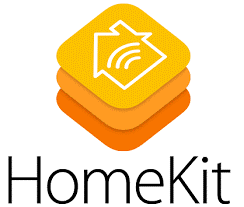
3. Google Assistant (Google Home)
Google replied to the call of Alexa with its home assistance release in 2017. Some of its precise products with inbuilt Google’s assistance are Nest Mini, Google Nest Hub, Google Nest Hub Max, and Nest Audio. Google assistant is also quite friendly with the leading sharks such as LG, JBL, Sony, Panasonic, Lenovo, and Sonos.
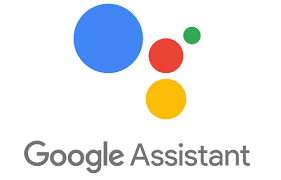
4. Samsung SmartThings
Samsung’s SmartThings is marked by its intriguing stand that lays more emphasis on the software aspect. It also features universal compatibility, easy control, a clean interface, intuitive nature, and an efficiently organized layout.
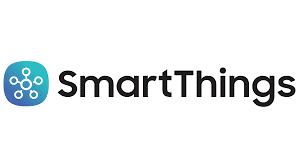
5. IFTTT
IFTTT can work pretty well when it comes to the connection of smart devices. It is attached with leading brands such as Lifx, Belkin, WeMo Ring, Philips Hue, iRobot, Nest, and Tado. It works on the simple strategy that states ‘If This Then That’ that enables it to work as per the told schedules.
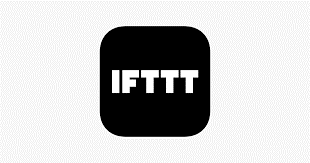
6. Control4
Control4 does not possess a high-profile technology to match the vibes of dominant players but instead is a tailored solution to integrate smart locks, lighting, garage doors, wireless audio, home security systems, and more. It shows the compatibility of an enormous spectrum of about 35,000 smart devices.
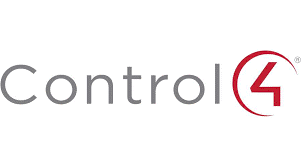
7. Logitech
Logitech is a renowned name that carries its own smart devices as well as a decent hum to make them talk together. Logitech comprises the Harmony Elite and Harmony Hub to facilitate controls. It coordinates more efficiently with entertaining smart devices such as Sonos or Netflix, PlayStation 4, and basic TV controls.
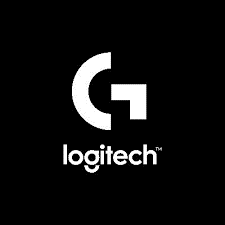
8. Yonomi
Yonomi is considered a one-stop solution to meet auto-automation. It provides a wider array of controls then Amazon and Google with an impressive list of compatible devices such as Lutron, Ecobee, Logitech, Netatmo, Sonos, Philips Hue, Lifx, August, TP-Link, and Nest.
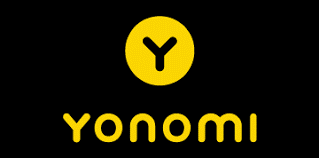
9. Smart Life (Tuya)
Smart life delivers a primary building block to the firms for the introduction of their smart products. Thus, it would enable the integration of a wide range of brands which would be better than individual native apps.

10. Wink Hub
Wink hub is among the initial ventures towards designing hubs for mainstream consumers. Though it does not comprise brand loyalty but is pretty good with smart home protocols and full integration including kitchen appliances.
